Are you worried that just 1 gram of sugar might ruin your hard-earned ketosis? You’re not alone.
Many people on a keto diet fear that even a tiny slip-up could throw their body out of fat-burning mode. But does that small amount really matter as much as you think? Keep reading to find out the truth about sugar and ketosis—and learn how to stay on track without stress.
What Is Ketosis
Ketosis is a natural process in the body. It happens when the body uses fat for energy instead of sugar. This usually occurs during low carbohydrate intake. The body breaks down fat into molecules called ketones. These ketones then become the main fuel for the brain and muscles.
Many people follow a ketogenic diet to reach ketosis. This diet is very low in carbs and high in fats. The goal is to lower blood sugar and insulin levels. This shift helps the body burn fat more efficiently.
How Does Ketosis Work?
The body prefers glucose from carbs for energy. When carbs are scarce, the liver converts fat into ketones. Ketones travel in the blood and supply energy. This switch helps reduce hunger and improve focus.
What Are Ketones?
Ketones are small molecules made from fat. They serve as fuel during ketosis. The three main types are acetoacetate, beta-hydroxybutyrate, and acetone. High ketone levels indicate the body is in ketosis.
Why Is Ketosis Important?
Ketosis helps burn stored fat. It may improve energy levels and mental clarity. Some use ketosis to manage weight or blood sugar. The process supports a different metabolic state than usual.
Credit: www.sinlesssnacks.com
How Sugar Affects Ketosis
A small amount of sugar, like 1 gram, usually does not stop ketosis. The body can handle tiny sugar amounts without leaving fat-burning mode. Still, eating more sugar can slow down or end ketosis quickly.
How Sugar Impacts Ketone Production
Eating sugar quickly raises blood sugar levels. This triggers insulin release, which lowers ketone production. Insulin tells the body to use sugar for energy instead of fat. This shift slows down or stops ketosis.
Does 1 Gram Of Sugar Really Matter?
One gram of sugar is a tiny amount. It might not cause a big spike in blood sugar. For most people, this small amount won’t break ketosis. The body can stay in fat-burning mode despite this.
The Role Of Total Carbohydrate Intake
Ketosis depends on total carbs eaten, not just sugar alone. Keeping carbs low helps maintain ketosis. Even with small sugar amounts, staying under carb limits is crucial. Tracking all carbs is important for success.
Individual Differences In Sugar Sensitivity
Some people react strongly to sugar, even in small amounts. Others can handle a little sugar without issues. Factors like metabolism and activity level affect this. Testing your own response helps guide your diet.
Impact Of 1g Sugar On Ketosis
Many wonder if 1 gram of sugar can stop ketosis. Ketosis is a state where the body burns fat for energy. Small amounts of sugar might not have a big effect. Understanding how sugar affects ketosis helps you stay on track.
The body reacts differently to tiny sugar amounts than to large amounts. Even 1 gram of sugar triggers some changes, but they are usually minor. Let’s explore how this small sugar intake impacts ketosis.
Metabolic Response To Small Sugar Intake
Eating 1 gram of sugar causes a small rise in blood glucose. The body quickly uses this tiny sugar amount for energy. It does not store it as fat right away.
The liver continues producing ketones despite this small sugar intake. A brief pause in ketone production might occur but only for a short time. The overall metabolic state stays close to ketosis.
Blood Sugar And Insulin Effects
Blood sugar rises slightly after consuming 1 gram of sugar. This small increase does not cause a large insulin spike. Insulin helps cells use sugar for energy and controls fat storage.
Since insulin response is mild, the body remains in fat-burning mode. Insulin levels return to normal quickly after this small sugar intake. Thus, 1 gram of sugar rarely breaks ketosis.
Factors Influencing Ketosis Disruption
Understanding what breaks ketosis is key for anyone on a keto diet. Small amounts of sugar might not always stop ketosis. Several factors affect how sugar impacts your state of ketosis. These factors vary from person to person and depend on how and when sugar is consumed.
Individual Metabolism Variations
Everyone’s metabolism works differently. Some people burn fat for energy faster than others. This means that one gram of sugar can affect ketosis differently. A fast metabolism may handle sugar without leaving ketosis. A slower metabolism might exit ketosis more easily. Genetics, age, and activity level all influence metabolism speed. This causes varied responses to sugar intake on keto.
Timing And Frequency Of Sugar Intake
The time when sugar is eaten matters. Consuming sugar after exercise may have less impact on ketosis. Frequent sugar intake can cause blood sugar spikes. This disrupts ketosis more than a single small amount. Eating sugar late at night may slow fat burning. How often you eat sugar also plays a big role. Regular small doses of sugar can add up and break ketosis.
Alternatives To Sugar On Keto
Cutting sugar is key for staying in ketosis. Many people worry about using sugar or sweeteners. There are safe options that keep your carb count low. These alternatives help satisfy sweet cravings without breaking ketosis. Choosing the right sweetener makes keto easier and more enjoyable.
Low-carb Sweeteners
Low-carb sweeteners do not raise blood sugar or insulin. They include erythritol, stevia, and monk fruit. Erythritol tastes like sugar but has almost zero calories. Stevia is a plant extract with no carbs or calories. Monk fruit is natural and sweet without adding carbs. These sweeteners blend well in drinks and recipes. They help keep your keto goals on track.
Natural Sugar Substitutes
Some natural substitutes fit well in a keto diet. Coconut sugar and date sugar are not keto-friendly due to high carbs. Instead, use small amounts of fruit like berries. Lemon or lime juice can add tangy sweetness. Unsweetened cocoa powder gives flavor without sugar. These options add taste without causing blood sugar spikes.
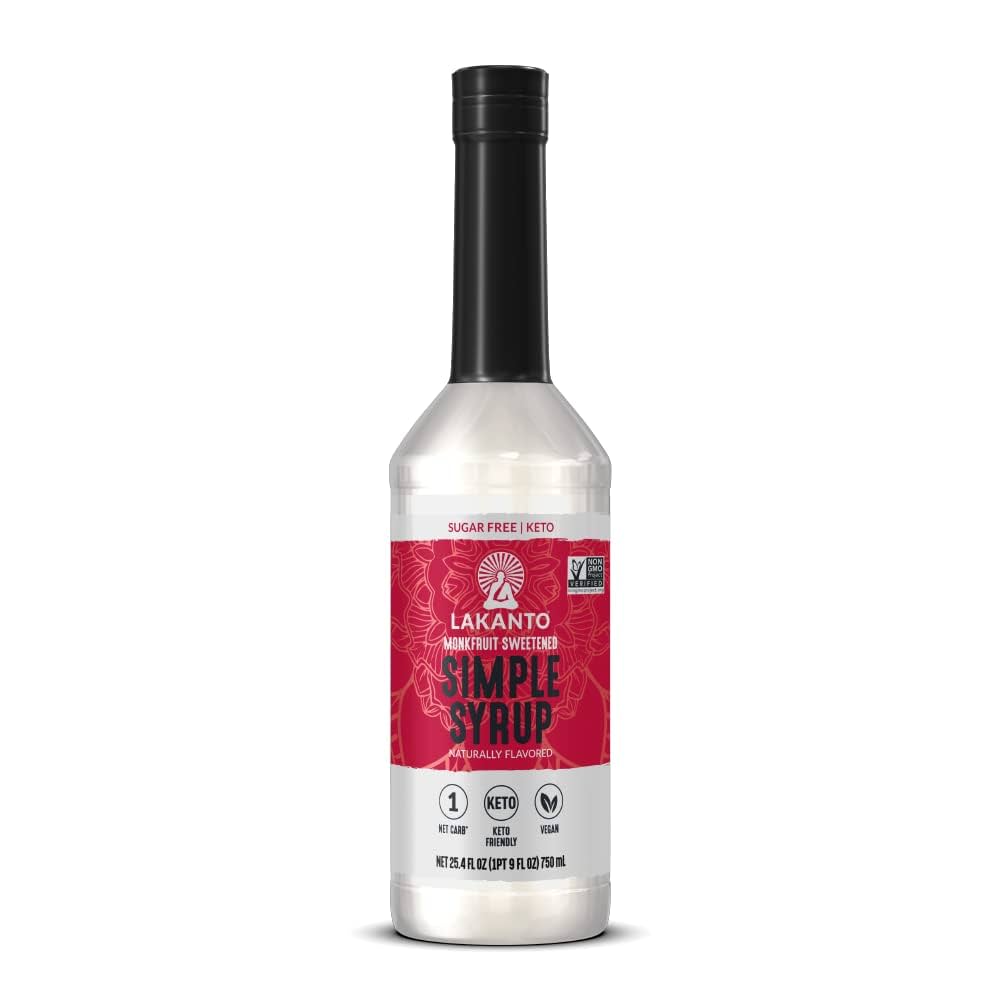
Credit: www.amazon.com
Tips For Staying In Ketosis
Staying in ketosis requires careful attention to diet and habits. Small changes can affect your state of ketosis. Following simple tips helps maintain fat burning and energy levels. Focus on what you eat and how you track your food. Balance is key to keeping your body in ketosis.
Understanding your carbohydrate intake and macronutrient balance helps avoid breaking ketosis. These tips guide you through effective ways to stay on track.
Tracking Carbohydrate Intake
Keep a close eye on your daily carb consumption. Even one gram of sugar can impact ketosis for some people. Use apps or food diaries to log every meal. Measure carbs from all sources, including hidden sugars. Staying below your carb limit helps your body stay in fat-burning mode.
Balancing Macros Effectively
Focus on eating the right amounts of fat, protein, and carbs. High fat intake supports ketosis and keeps you full longer. Moderate protein helps maintain muscle without raising insulin too much. Adjust your macros based on your activity level and goals. Proper balance prevents your body from using glucose for energy.
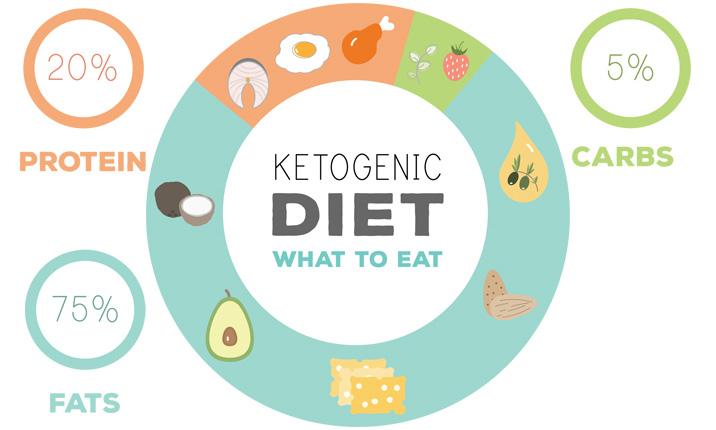
Credit: www.mountelizabeth.com.sg
Frequently Asked Questions
Will 1 Gram Of Sugar Stop Ketosis?
One gram of sugar is very unlikely to stop ketosis for most people.
How Does Sugar Affect Ketosis State?
Sugar raises blood sugar and insulin, which can slow or stop ketosis temporarily.
Can A Small Sugar Amount Kick Me Out Of Ketosis?
A tiny sugar amount usually won’t kick you out of ketosis.
Is It Safe To Eat 1g Sugar On Keto?
Eating 1 gram sugar occasionally is generally safe on a keto diet.
How To Track Sugar Intake To Maintain Ketosis?
Use food labels and apps to keep sugar intake below your keto limit.
Conclusion
One gram of sugar usually does not break ketosis. Small amounts rarely affect your fat-burning state. Your body can handle tiny sugar doses without switching fuel. Focus on keeping total carbs low each day. Stay mindful of hidden sugars in foods.
This helps maintain ketosis and reach your goals. Always track your intake and listen to your body. Consistency matters more than one small slip. Keep your meals balanced and enjoy steady progress.

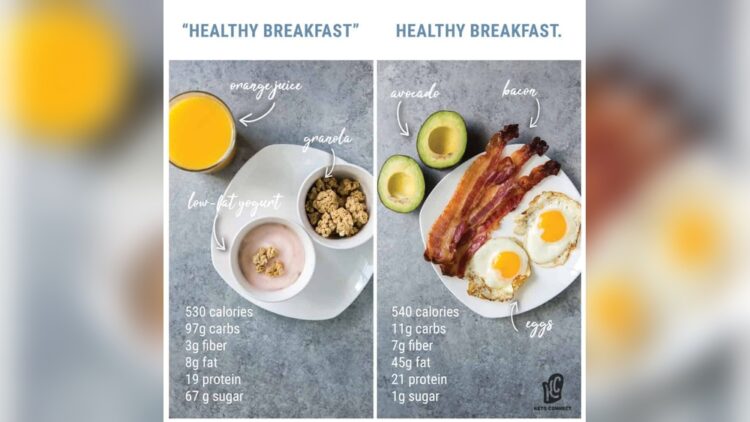

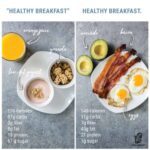
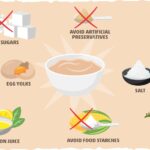


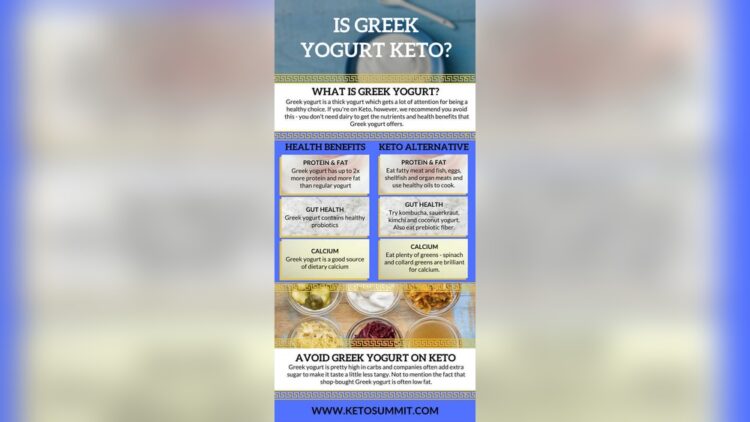
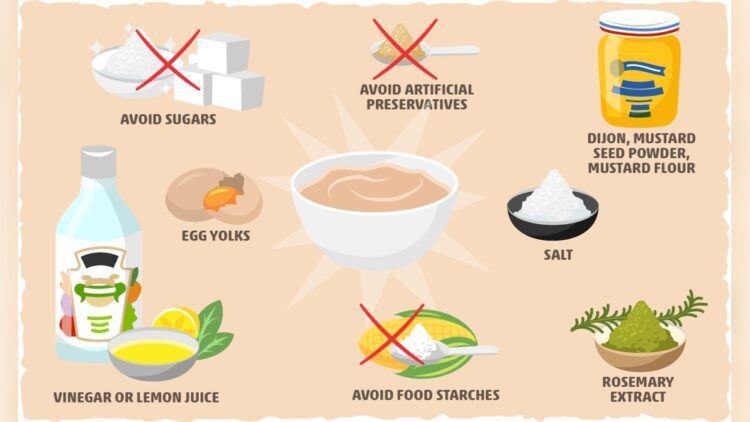
Leave a Reply